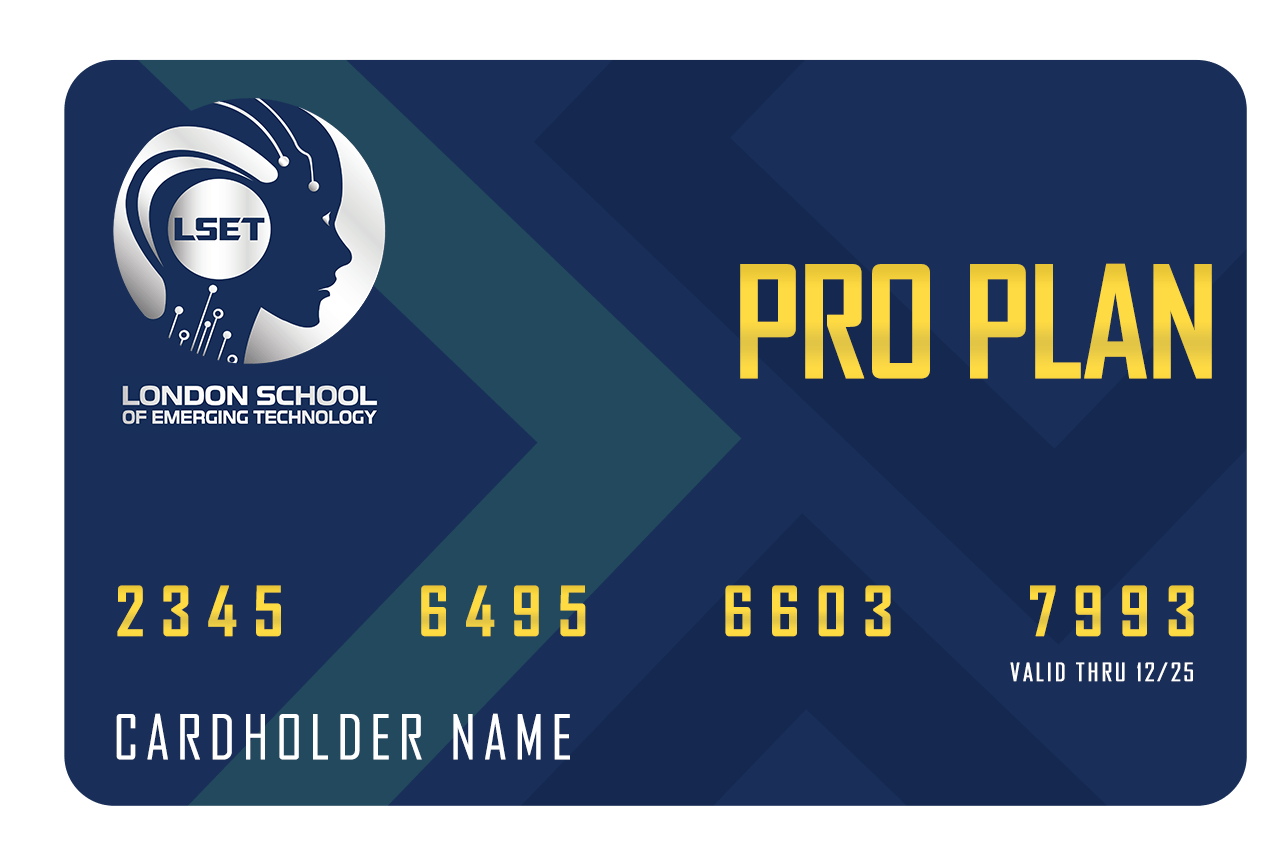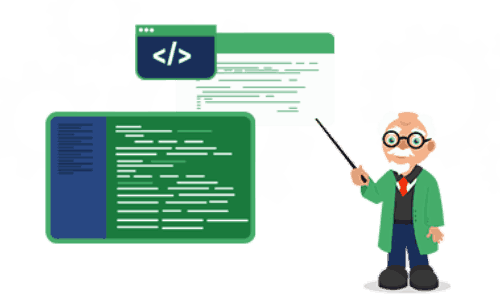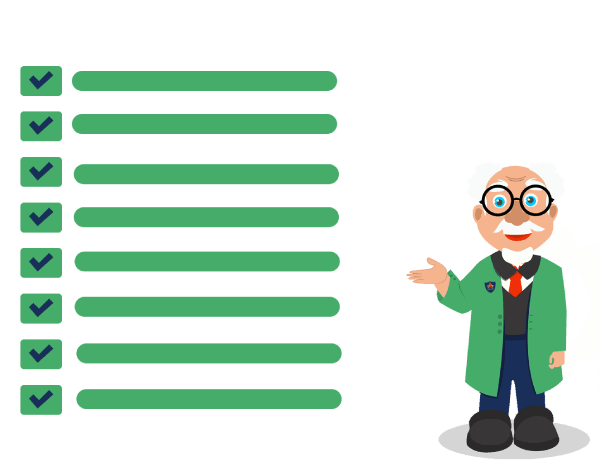LoadRunner: A performance testing tool like this is widely used. LoadRunner specialises in performance testing for numerous methods, methodologies, and application settings. It is designed to quickly identify the most common causes of performance problems.
Citrus: Citrus is a commonly used test framework. It’s written in Java. It sends and receives server-side and client-side requests and verifies XML JSON files. HTTP, JMS, and SOAP protocols are supported by citrus for end-to-end testing.
ZAP: Zed Attack Proxy is a free and open-source security scanner for web applications. As with several other utilities, it is written in Java. Web applications can be dynamically tested for security using OWASP ZAP.
JIRA: A manual testing tool that connects directly with code development environments makes it ideal for developers as well. The software can track almost any kind of problem because it is capable of tracking almost anything. The software is compatible with agile projects.
SonarQube: SonarQube is another manual testing tool that helps us maintain code quality and security. Furthermore, it is adaptable thanks to plug-ins. It is entirely programmed in Java. The software supports Ant, Maven, Gradle, MSBuild, and other continuous integration technologies for completely automated review and integration. SonarQube can also track measurements over time and provide an evolution graph.
JMeter: The JMeter tool can be used to test static and dynamic resources. Java-based, it tests application performance and load behaviour. The source code can be used by consumers and developers.
Bugzilla: Bugzilla is another issue tracking application that is used during manual testing. Businesses use it to monitor an application’s problems. An open-source tool for tracking issues is Bugzilla. ALM, Quality Center, and others can easily be integrated into Bugzilla for the management of test cases.



 Premium Career-Ready Track
Premium Career-Ready Track











